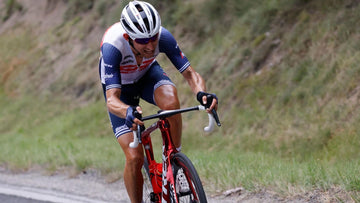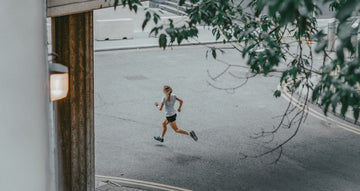
What are capillaries?
Capillaries, the smallest blood vessels in the human body, are the end of the line in your body’s vascular network, and their thin walls facilitate the diffusion of oxygen and nutrients into cells.
How does this link to exercise?
Capillary density refers to the number of capillaries present at a certain site in your body. Exercise can increase capillary density and improve capillary function. As the capillary network around each muscle fibre grows, so too does the amount of oxygen and nutrients delivered to the cell. This enhances our ability to generate energy and perform physical work. Also, waste products can be removed, and the faster these products can be removed, the faster the repair and recovery process.
So, what exercise should I be doing? Give me the facts!
Research has found that low intensity, endurance training increases capillary density, for example, several long, low intensity cardio workouts per week can increase capillary density by more than 25% (1). When strength training is combined with endurance training, this can enhance the process of capillarisation (2). However, Interval training is equally effective, performing four to six 30-second all-out sprints on a bike, three times per week, increased capillary density as much as those who performed an equal number of 40 to 60-minute rides (3). Ideally, you need to be doing both endurance and interval training because research has found that steady state cardio increases capillary density primarily in slow twitch fibers, whilst interval training, such as HIIT, increases capillary density in fast twitch fibers (4).
How can Panterre help?
Curcumin, the active ingredient within turmeric extract, which is in our plant-based protein, has been found to have an impact similar to that of aerobic exercise on improve blood vessel activity (5).
Sources:
- https://pubmed.ncbi.nlm.nih.gov/12238642/
- https://pubmed.ncbi.nlm.nih.gov/10751104/
- https://pubmed.ncbi.nlm.nih.gov/22946099/
- https://pubmed.ncbi.nlm.nih.gov/19258658/
- https://www.sciencedirect.com/science/article/abs/pii/S0271531712001844





